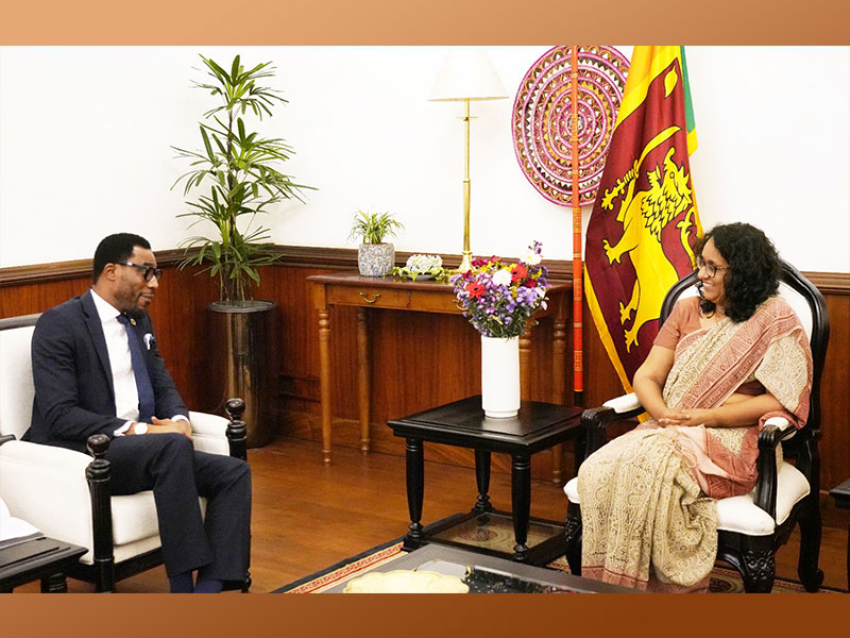The challenge is enormous and has proven elusive in the past.
The U.N.-sponsored talks are aimed at getting 195 countries to agree on a path for cutting the greenhouse gas emissions which scientists say have raised global temperatures and begun upending the earth's climate.
Opening the summit at Le Bourget on Nov. 30, heads of government from big carbon burning countries such as U.S. President Barack Obama and China's Xi Jinping will seek common cause with leaders from the smallest emitters in Africa and island states.
When it concludes two weeks later on Dec. 11 - give or take a couple of days for last-minute wrangling - their negotiators are likely to claim success in committing both rich and developing nations to weaning the world off the coal and oil resources that gave rise to the Industrial Revolution.
“Done right, it will shape the economy of the 21st century,” said Andrew Steer, head of the World Resources Institute think-tank. Done wrong, critics warn, the consequences could be catastrophic.
For climate scientists who overwhelmingly say that continuing to burn carbon even at today's pace will raise global temperatures by several degrees, a weak agreement will trigger inhospitable changes to the earth's climate systems.
A hotter planet would see dire - if hard to perfectly predict - effects: rising seas, more intense storms and droughts on land and extinction for vast numbers of life forms in warmer, more acidic oceans.
- NDTV



















